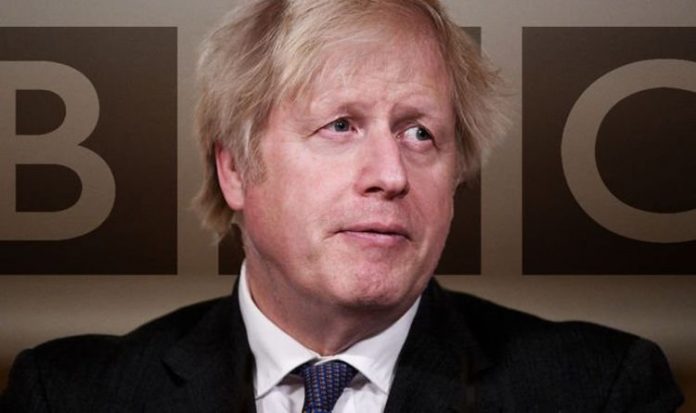Helen Skelton says there’s ‘lots of things you can’t say’ on BBC
BBC Radio 4’s Woman’s Hour host Emma Barnett interviewed Zara Mohammed, who became the first woman to lead the Muslim Council of Britain at the start of the year, on February 4. But the segment has been heavily criticised for being “strikingly hostile” and “combative”, with campaigners calling for Boris Johnson to intervene.
Rebecca Ryan, Campaign Director of Defund the BBC, told Express.co.uk: “The BBC uses this gotcha-style interview technique all too frequently, particularly with those they view to be conservative.
“It leads to programming that is utterly lacking in nuance and depth, feeding into the polarization of society that the corporation so often complains of.
“When other channels use this combative interview technique listeners are free to vote with their feet, but the BBC’s current funding model leaves it insulated from customer dissatisfaction.
“The BBC no longer meets its obligation to deliver journalistic excellence, as set out in its charter, and so it is time for the broadcaster to be made to stand on its own feet financially.”
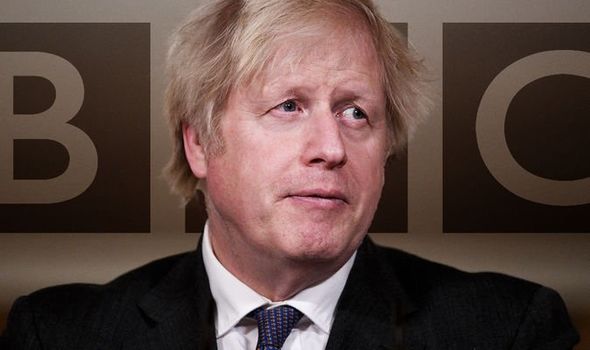
Boris Johnson has been urged to make the BBC “stand on its own feet” (Image: Getty)
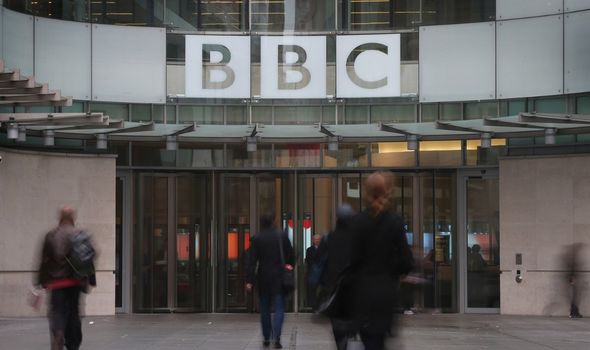
The interview has been heavily criticised for being “strikingly hostile” and “combative” (Image: Getty)
The comments from the campaign group come after 200 public figures signed an open letter condemning the interview.
The signatories claimed the line of questioning in Ms Mohammed’s interview re-enforced “damaging and prejudicial tropes” about Islam and Muslim women.
Writers Yassmin Abdel-Magied and Mariam Khan organised the letter, which has been signed by Tory peer Sayeeda Warsi, Labour MPs Diana Abbott and Naz Shah, and comedian Deborah Frances-White, the Guardian has revealed.
Ms Mohammed, 29, was invited on the radio show after becoming the organisation’s first female leader, as well as its youngest.
JUST IN: Macron ally’s plea for UK to rejoin EU: ‘Brexit is not good for us’
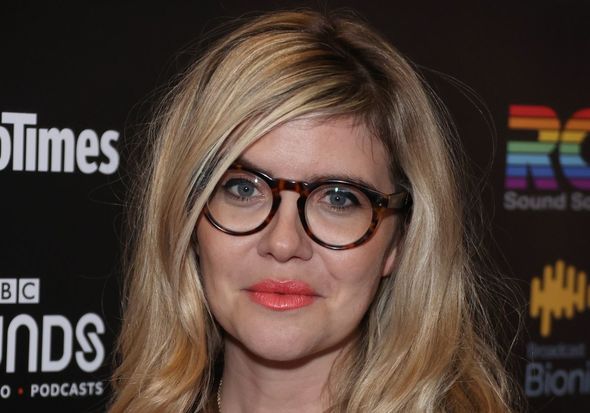
BBC Radio 4’s Woman’s Hour host Emma Barnett interviewed Zara Mohammed on February 4 (Image: Getty)
But in the interview Ms Barnett repeatedly asked her guest about the number of female imams in the country, something that the host has been criticised for.
The letter notes: “Despite Mohammed’s repeated claims that religious adjudication was not within the parameters of her role leading a civil society organisation, Barnett asked the question about female imams four times, each time interrupting Mohammed’s answer.
“The framing of the interview and clipping up of the ‘female imam’ segment for social media mirrored the style and tone of an accountability interview with a politician, rather than authentically recognising and engaging in what this represented for British Muslim women.
“Moreover, the false equivalence between imams with rabbis and priests in a religion that has no clergy reflected a basic lack of religious literacy needed for authentic engagement with British Muslim communities.”
DON’T MISS:
Sturgeon’s currency plan in tatters as ‘Scotland to join euro in EU’ [DETAILS]
Brexit ‘left £65billion hole’ in EU as riddled with division [ANALYSIS]
BBC bias row: Emily Maitlis condemned over Twitter gaffe [INSIGHT]
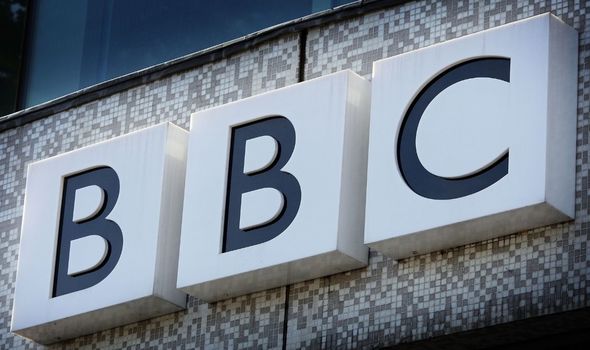
The BBC has been urged to issue a public statement recommitting to engaging with Muslim women (Image: Getty)
Other leading figures who have signed the letter include Nikesh Shukla, author and editor of the Good Immigrant, Rizzle Kicks’ Jordan Stephens, the theologian Dr Amina Wadud, and media company Gal Dem.
In total 200 people have signed the letter.
The letter calls on the BBC to issue a public statement recommitting to engaging with Muslim women and those from historically marginalised communities in good faith, commit to recruiting Muslims in leadership and commissioning roles, and ensure programmes have diverse production and editorial teams.
Its authors note Muslim voices are underrepresented across the BBC.
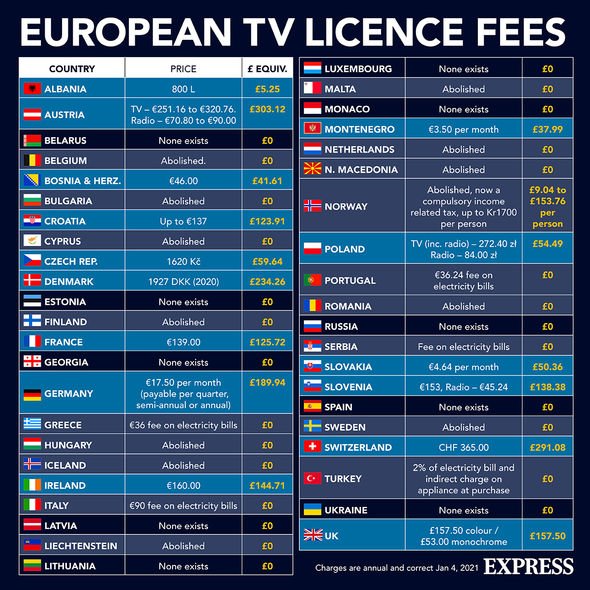
European TV licence fees (Image: Express)
Ms Khan said: “Seeing the interview between Emma Barnett and Zara Mohammed was disheartening.
“However, our concern isn’t just about this singular moment – it’s about the wider cultural problem within the BBC and the media when it comes to the representation of Muslims.
“This is a crucial moment in which the BBC can choose to turn its back on the Muslim community or engage in making a change and acknowledging it’s very real-life impact on the lives of Muslims in the UK.”
A BBC Spokesperson told Express.co.uk: “This is a topic we’ve been responding to already and now that we’ve received this letter we will reply to it in due course.”
